

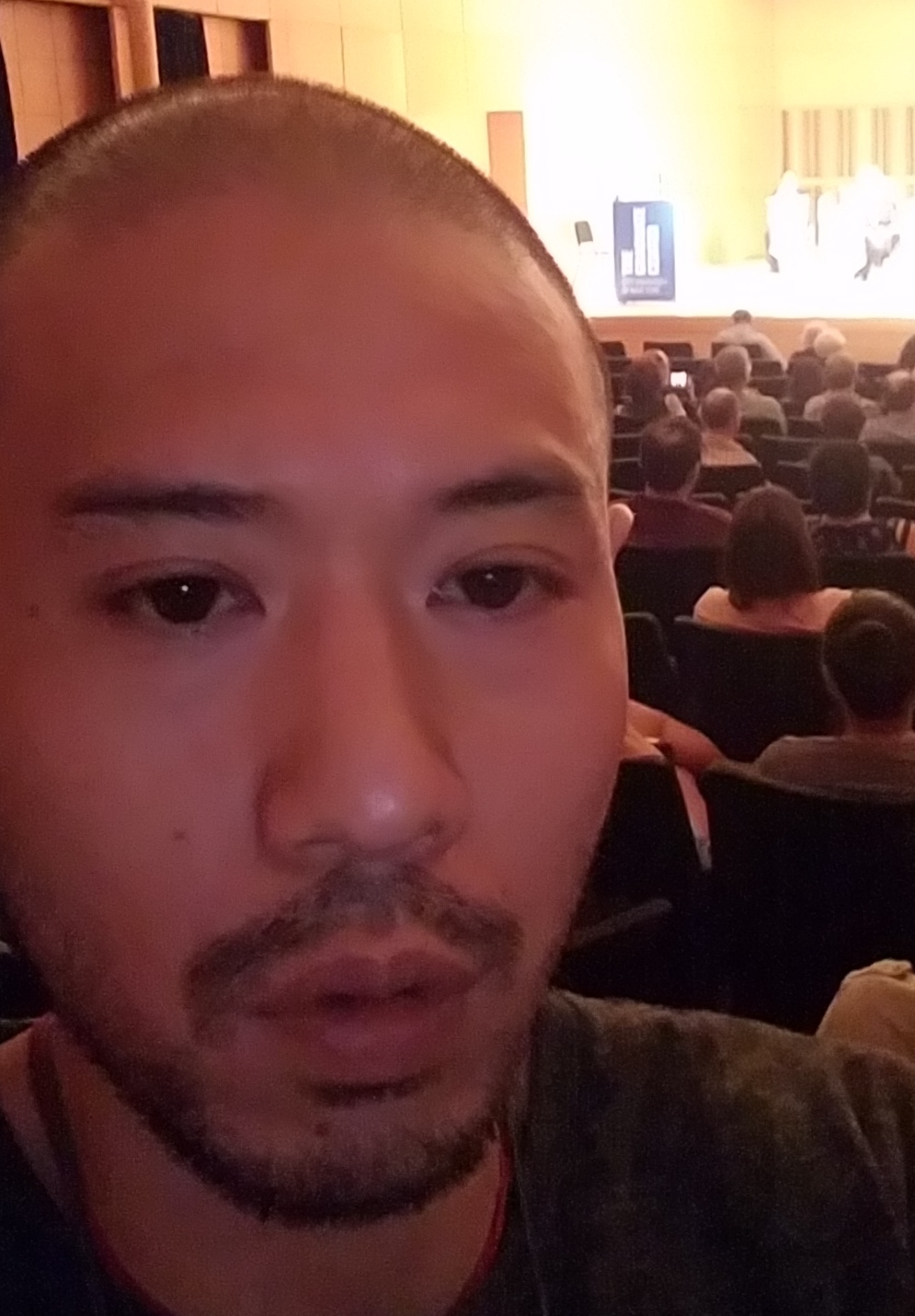
I used to work construction before deciding to go back to school. Although I had saved up some money before this transition, school tuition is not cheap at all, combined with rent. I soon had to move back in with my mother but that did not work out, so nowadays I stay with my sister and brother in law. I help out around the house and take care of my nieces, and I work part time but really all I can do is make enough money to pay some bills, and also pay a little rent money to my sister. I borrow money from my mother for school tuition, and the expensive books.
When I first went back to school in 2016, I was told it was too close to my last W2 where I made full time income from construction. So unfortunately, I did not qualify for financial aid. I may qualify this September but, even then, it won’t be enough to subsidize my total educational costs. It may alleviate a bit of the money I borrow from my mother.
I believe an individual such as myself would benefit from SNAP. It could help me afford food while not adding to my stress and financial burden overall.


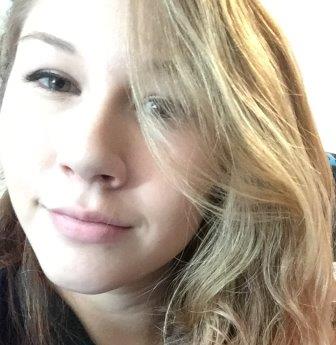
My parents pay for my college tuition in two ways. My mother works for a college, so I am eligible for their tuition exchange program. This covers a little more than half of my tuition per year. I also have scholarships but they remain unused because my school does not accept both the tuition exchange and the scholarship at once. The remainder of tuition comes from my parent’s savings. They have been saving small amounts of income since I was born. They also pay for my on campus housing.
The other expenses associated with college such as art supplies, textbooks, transit and food are paid for with my own savings. I work 10 hours a week at the library. I used to work more hours but unfortunately, the school has a limit on how many hours you can work while having an internship. I find that spending money on food, transit, supplies, and textbooks leaves me with little to no money for the other expenses in life. I would love to explore New York more, but the majority of activities require funding that I don’t have. But, getting a college degree is more important at the moment. Thankfully, I won’t have debt from loans after I graduate, but I do plan to pay my parents back. That totals to about $300,000, if not more. So I will have an informal debt on my hands after I graduate. I’m glad that there will not be interest developing because that is A LOT of money that I do not have.


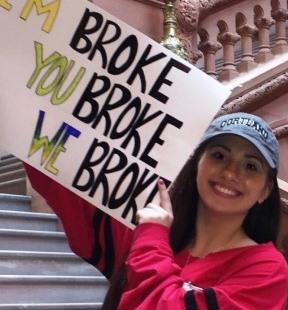
After losing my father in high school, I didn’t realize I’d have to lean so heavily on my mother for assistance. No one in my family has been able to achieve a four-year degree yet. That has been my motivation to work hard to make them proud. My mother wisely invested in a savings account for my education, unfortunately the funds only partially cover the costs for the first two years of SUNY Cortland and the costs only seem to be going up.
I work full-time over the summers at an assisted living center and was fortunate enough to secure one of the limited spots in the Work Study Program to put towards the costs of living at Cortland. While it is difficult to keep up with the expense of food, transportation and other unavoidable essentials, I am thankful to have been accepted into work-study because it helps reduce my tuition costs and enables me to have some extra cash during the semester.


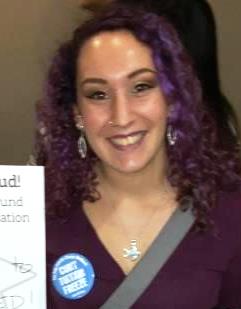
As a senior in high school, I was aware of the vast expenses that accompanied a college education. I was raised in a single parent household, as my father was incarcerated early in my life. My mother, a waitress, did her best to prepare me and my brother for college. Still, I’ve taken out multiple loans in my name, in addition to a Parent Plus loan in my mother’s name. These loans cover tuition and a portion of living expenses, however I pay for the remainder. In addition to being a full-time psychology major with an extensive workload, I work two jobs during the academic year and full-time over the summers to cover cost of living expenses at Cortland.
After I finish my psychology studies here at Cortland, I plan on attending graduate school to study clinical psychology. I love it, why people think the way they do. Everybody deserves the opportunity I’ve gotten, even though it’s been hard. Without education access, our future is much dimmer.



As a Junior at SUNY Cortland, I juggle a full course load in biochemistry, part-time work, and extracurricular activities. I am enrolled in the Work-Study program on-campus and I am a Green Representative. Sponsored by Residence Life and Housing and Physical Plant, the Green Rep program inspires sustainable lifestyles through peer to peer environmental education programs. I also find time to be a Supplemental Instruction (SI) tutor. I’m concerned about be able to fully pay back my student loans. If I don’t get a job, then I’m going to be in debt for my whole life, it seems.


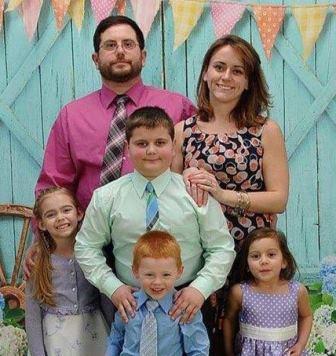
I am a married father with two biological and two foster children. I went to school later in life out of economic necessity. Higher education affordability is very important to me. In 2012 I was denied a much-needed promotion. Simultaneously, my wife became pregnant with our daughter. The reality of the world hit us. My family couldn’t afford to live on my salary any longer, so I decided to leave the workforce to pursue a bachelor’s degree.
After excelling at Onondaga Community College, I transferred to SUNY Cortland where a large portion of my educational expenses were covered by aid. However, despite working upwards of 25 hours a week, I still had to take out loans to cover additional costs associated with getting a degree like transportation, rent, and textbooks. I could not afford to satisfy these costs juggling a full-course load and part-time work.
I will be graduating in May and will be pursuing a doctorate of physical therapy coupled with a master of public health from Adelphi University. My hope is that I can progress into the world of rehabilitation in the hospital setting, working with spinal cord injury patients.



I am a senior in the criminology program and an aspiring law school candidate. My education would not have been possible without taking on a substantial amount of student loan debt. I am frightened when it comes to paying back my loans.
My loans cover tuition costs, and that’s it. I have to pay for cost-of-living expense such as rent, food, and transportation out of pocket. I participate in the work-study program and am enrolled in the Equal Opportunity Program (EOP). Investing in higher education will allow students like me the opportunity to grow as individuals, and ultimately positively affect the great state of New York.


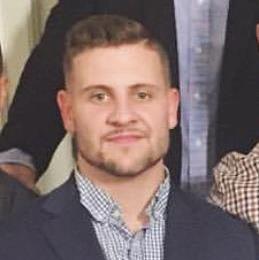 I am a senior at SUNY Cortland, majoring in fitness development and hoping to open my own gym one day. Attending Cortland has been the greatest decision I’ve ever made. I wouldn’t have been able to go to school without taking on a massive amount of student debt. With increased tuition and academic costs, my family has felt the financial burden associated with a college education.
I am a senior at SUNY Cortland, majoring in fitness development and hoping to open my own gym one day. Attending Cortland has been the greatest decision I’ve ever made. I wouldn’t have been able to go to school without taking on a massive amount of student debt. With increased tuition and academic costs, my family has felt the financial burden associated with a college education.
Both myself and my brother attended Cortland simultaneously for two years, making it even more difficult for my family to afford. New Yorkers should have access to higher education at an affordable rate. Invest in higher education to help CUNY and SUNY students make an impact.


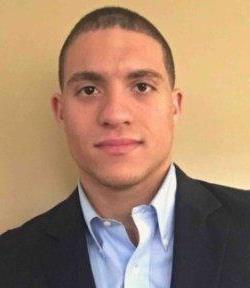
As an out-of-state student, I’m one of the few and far between at SUNY Cortland. I’m a student-athlete and attend Cortland with my brother, effectually doubling the financial burden on our family. Going to school with my brother has been a great experience, however it has definitely been harder for my family to get by. I know the importance of a college degree and have worked countless hours over the summer and winter breaks to save enough money to cover the cost-of-living expenses as an off-campus resident. On top of working long hours, my brother and I have taken on a substantial amount of student loans to cover the sky-rocketing tuition and related academic costs at SUNY Cortland.
I currently am an intern with the Marketing Department on-campus, an All-American Red Dragon football player, and a full-time student with the accompanying course load. Should I also have the added worry about covering the costs of higher education? Most would agree that I shouldn’t. I have had such a great experience here at Cortland as a student-athlete and a communications major. I would hate to see this opportunity that I’ve been given made more exclusive through increasing tuition and costs. That would be a shame.


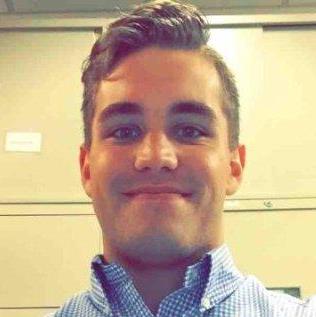
I am a senior economics major heading towards graduation, and am pleased with the opportunities and experiences I’ve had during my four years at SUNY Cortland. I’ve made friends for the rest of my life. While I have had this positive experience, I also took on on multiple student loans. My family felt the financial burden of increased tuition and related expenses as they put both my sister and myself through college.
The value of a higher education is important to me and my family, so I resorted to a handful of student loans to cover a portion of my tuition and textbooks. Aside the student loan debt that I’ve taken on, I also work part-time during the semesters to cover living expenses and the rest of my tuition. On top of working, I have a maxed-out course load, I participate in intramural sports, and have an internship on-campus. My schedule is busy, and worrying about how to afford the rising costs of SUNY Cortland’s tuition and costs has no place in it.








 I am a senior at SUNY Cortland, majoring in fitness development and hoping to open my own gym one day. Attending Cortland has been the greatest decision I’ve ever made. I wouldn’t have been able to go to school without taking on a massive amount of student debt. With increased tuition and academic costs, my family has felt the financial burden associated with a college education.
I am a senior at SUNY Cortland, majoring in fitness development and hoping to open my own gym one day. Attending Cortland has been the greatest decision I’ve ever made. I wouldn’t have been able to go to school without taking on a massive amount of student debt. With increased tuition and academic costs, my family has felt the financial burden associated with a college education.
